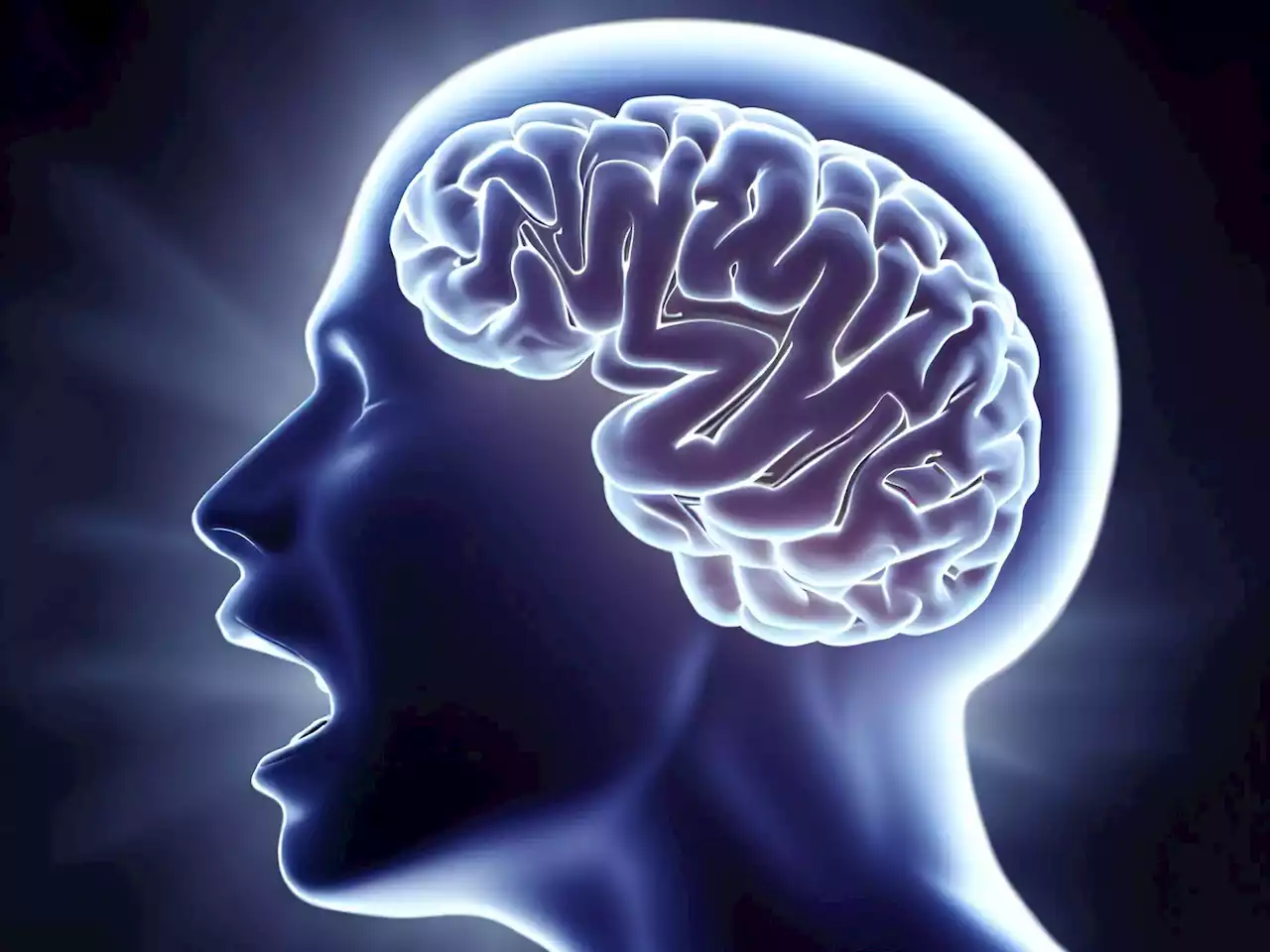When it comes to predicting heart trouble down the road, do your arteries or genes say more about risk? Doctors have long used certain factors to estimate the likelihood of...
But in recent years, there have been questions about whether people's genes could provide a similar outlook. Many different gene variants have been associated withrisk, and researchers have developed so-called polygenic risk scores that, like the calcium score, correlate with the odds of developing heart trouble.
Until now, though, there had been no head-to-head comparison of the two tests' predictive potential. And, Khan said, the calcium scan emerged as the clear winner. In contrast, the polygenic risk score added no helpful information to what doctors can already glean with old-fashioned measurements. Blankstein, who was not involved in the study, pointed to a fundamental difference between the tests: CT scans detect actual signs of early artery disease, while blood tests give an idea of genetic risk.
Malaysia Latest News, Malaysia Headlines
Similar News:You can also read news stories similar to this one that we have collected from other news sources.
 New gene therapy gel is the 1st approved treatment for rare and painful 'butterfly disease'The U.S. Food and Drug Administration approved a gene therapy for dystrophic epidermolysis bullosa, also known as butterfly disease.
New gene therapy gel is the 1st approved treatment for rare and painful 'butterfly disease'The U.S. Food and Drug Administration approved a gene therapy for dystrophic epidermolysis bullosa, also known as butterfly disease.
Read more »
 Gene Therapy in the Womb Is Inching Closer to RealityOne step closer! A handful of researchers presented their progress on in utero gene therapy, showing that research in lab animals offers some hope for human treatments, but still faces significant hurdles.
Gene Therapy in the Womb Is Inching Closer to RealityOne step closer! A handful of researchers presented their progress on in utero gene therapy, showing that research in lab animals offers some hope for human treatments, but still faces significant hurdles.
Read more »
 Language Impairments Unraveled: How Mutations in a Language Gene Produce Speech DeficitsFaulty versions of the Foxp2 gene disrupt neurons’ ability to form synapses in brain regions involved in speech, a new study shows. Mutations of a gene called Foxp2 have been linked to a type of speech disorder called apraxia that makes it difficult to produce sequences of sound. A new study from
Language Impairments Unraveled: How Mutations in a Language Gene Produce Speech DeficitsFaulty versions of the Foxp2 gene disrupt neurons’ ability to form synapses in brain regions involved in speech, a new study shows. Mutations of a gene called Foxp2 have been linked to a type of speech disorder called apraxia that makes it difficult to produce sequences of sound. A new study from
Read more »
Muscular dystrophy gene therapy nears approval, but safety concerns lingerA new gene therapy for Duchenne muscular dystrophy (DMD) has barely squeaked by an FDA advisory panel, prompting researchers to work on improvements.
Read more »
 Country singer to have double mastectomy after gene mutation diagnosisMorgan Wade said the gene mutation puts her at an elevated risk for breast cancer.
Country singer to have double mastectomy after gene mutation diagnosisMorgan Wade said the gene mutation puts her at an elevated risk for breast cancer.
Read more »
 Harnessing Gene Editing in the Fight Against Antimicrobial ResistanceUniversity of Exeter researchers have used the CRISPR-Cas gene editing system to create a plasmid that targets antibiotic resistance genes, effectively preventing and reversing resistance. The tool shows promising early results in laboratory experiments, opening up a potential new way to combat the
Harnessing Gene Editing in the Fight Against Antimicrobial ResistanceUniversity of Exeter researchers have used the CRISPR-Cas gene editing system to create a plasmid that targets antibiotic resistance genes, effectively preventing and reversing resistance. The tool shows promising early results in laboratory experiments, opening up a potential new way to combat the
Read more »
